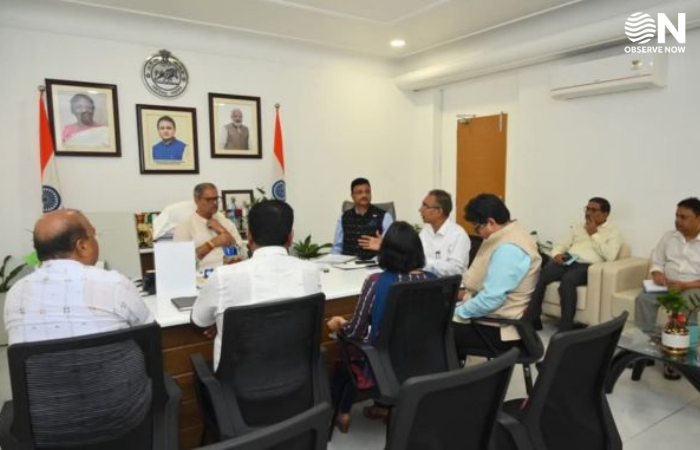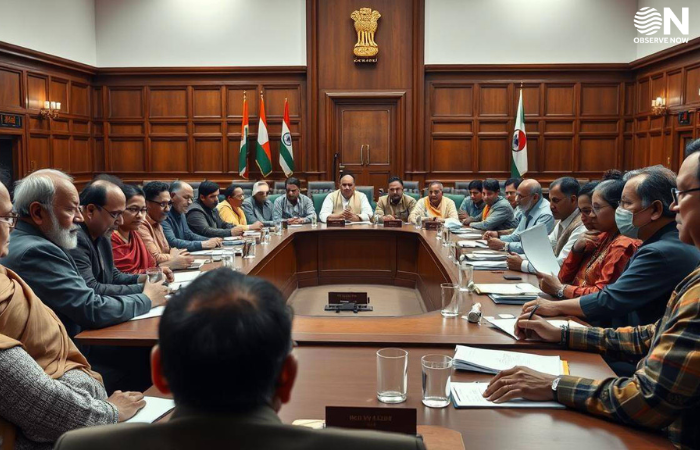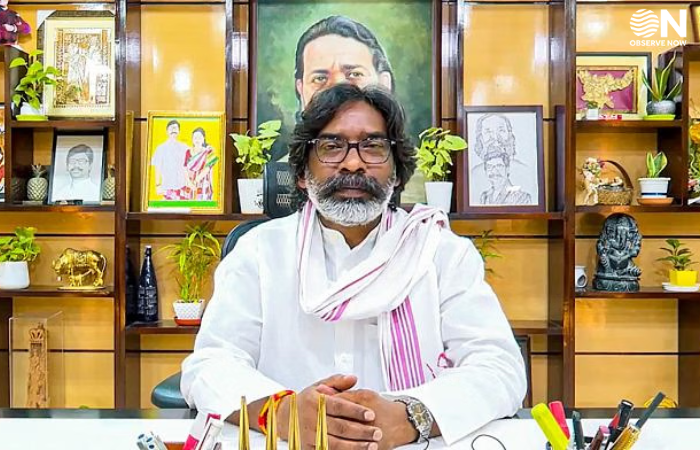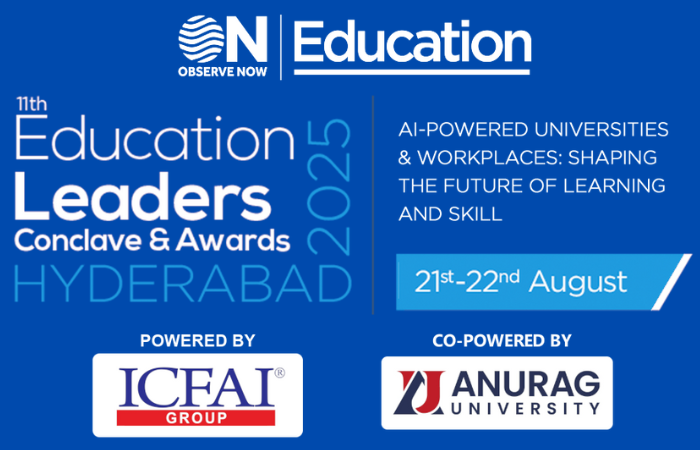Teen Quits School at 13 to Build GPT Agency, Sparks Mixed Reactions
In a decision that has sparked national discussion, a 13-year-old girl from Delhi, Parineeti, has dropped out of school to launch her own GPT (Generative Pre-trained Transformer) agency. Her goal: achieve financial independence by the age of 20. The move has been hailed by some as a bold display of entrepreneurial vision but criticized by others as a risky step that sacrifices formal education too early.
Parineeti aims to leverage generative AI technology to offer services such as automated content creation, customer engagement tools, business solutions, and educational products. Admirers see her as a forward-thinking innovator who has identified the potential of AI at an age when most children are still in classrooms. For them, her story symbolizes a new generation of Indian youth who are willing to pursue independence and innovation without waiting for degrees or traditional milestones.
However, her decision has also raised concerns among educators, parents, and child rights advocates. Critics argue that formal schooling provides more than academics—it instills social skills, critical thinking, and a safety net if business ventures falter. Questions have been raised about whether a 13-year-old can fully handle the financial, legal, and ethical complexities of entrepreneurship in such a competitive space. Some experts caution that glorifying such extreme choices might encourage other children to abandon education prematurely.
Supporters counter that learning today is no longer limited to classrooms. With online resources and self-paced education, Parineeti could continue learning informally while building her company. This reflects a shift in how success and education are being redefined in a digital-first world, where adaptability and creativity are valued alongside degrees.
Parineeti’s journey may become either an inspiring case of early success or a cautionary tale about taking on adult responsibilities too soon. Either way, it has triggered an important debate on balancing education, ambition, and the nurturing of young talent.




















